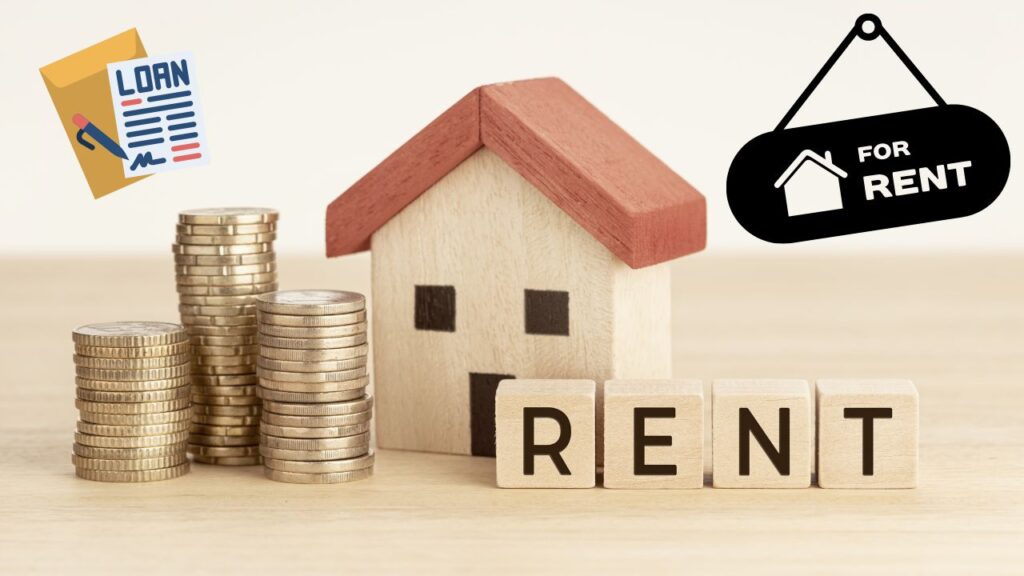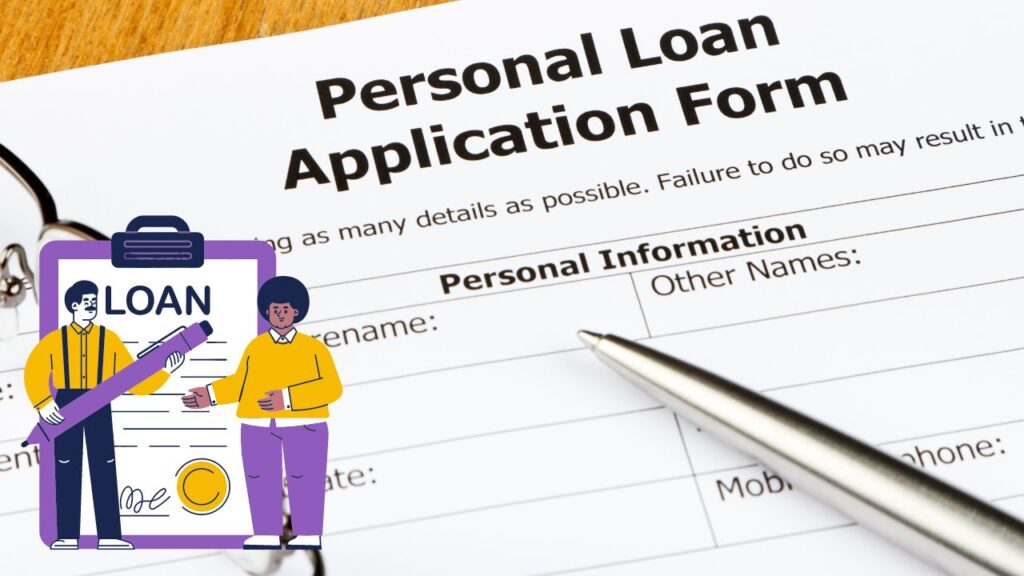Finding a new apartment can be an exciting yet daunting experience. Whether you’re relocating for a new job, moving in with a partner, or simply looking for a change, securing funds to cover upfront costs can be a challenge. This is where a personal loan for renting an apartment comes into play. In this article, we’ll delve into how these loans work, their benefits, and practical tips for using them effectively.

Understanding Personal Loans
A personal loan is a type of unsecured loan that can be used for a variety of purposes, including financing the initial costs associated with renting an apartment. Unlike secured loans, which require collateral, personal loans are based on your creditworthiness, making them accessible for many individuals.
Why Consider a Personal Loan for Renting an Apartment?
Renting an apartment often requires more than just the monthly rent. Here are some common upfront costs you might encounter:
- Security Deposit: Typically one month’s rent, this deposit is held by the landlord to cover any potential damages.
- First and Last Month’s Rent: Many landlords require the first and last month’s rent upfront, which can add up quickly.
- Application Fees: Some landlords charge application fees for processing your rental application.
- Moving Costs: Don’t forget about moving expenses, which can include hiring movers or renting a truck.
Using a personal loan for renting an apartment can help cover these costs, allowing you to secure a place without depleting your savings.
Benefits of Personal Loans for Renting an Apartment

1. Quick Access to Funds
One of the most significant advantages of a personal loan is the speed at which you can obtain funds. Many lenders offer quick approval processes, sometimes within a few hours. This can be crucial when you find the perfect apartment that requires immediate payment.
2. Flexibility in Use
A personal loan can be used for various upfront costs associated with renting, including security deposits, application fees, and even moving expenses. This flexibility makes it an ideal solution for many renters.
3. Consolidation of Costs
If you have multiple upfront costs, a personal loan allows you to consolidate these expenses into a single monthly payment. This can simplify your budget and make it easier to manage your finances.
4. Potentially Lower Interest Rates
For individuals with good credit, personal loans can offer competitive interest rates compared to credit cards. This can result in lower overall borrowing costs.
5. No Collateral Required
Since personal loans are unsecured, you won’t need to risk your assets. This is a safer option for many renters who may not have valuable collateral to offer.
How to Obtain a Personal Loan for Renting an Apartment

Step 1: Assess Your Financial Situation
Before applying for a personal loan, take a moment to evaluate your financial needs. Determine how much money you will need for upfront costs, and make sure you have a clear understanding of your budget and repayment capabilities.
Step 2: Check Your Credit Score
Your credit score plays a significant role in the loan approval process and the interest rate you’ll receive. Most lenders prefer scores above 700, so check your score and take steps to improve it if necessary.
Step 3: Research Lenders
Not all lenders offer the same terms, so take the time to research your options. Look for lenders that specialize in personal loans for renters. Compare interest rates, fees, and repayment terms to find the best deal for your situation.
Step 4: Gather Necessary Documentation
When applying for a personal loan, you’ll typically need to provide documentation, such as proof of income, employment verification, and identification. Having these documents ready can speed up the application process.
Step 5: Submit Your Application
Once you’ve selected a lender, complete the application process. Be honest and thorough in your disclosures to avoid potential issues later on.
Step 6: Review Loan Terms Carefully
If approved, take the time to carefully review the loan agreement. Make sure you understand the interest rate, repayment terms, and any associated fees. If everything looks good, sign the agreement and await the funds.
Tips for Using a Personal Loan Effectively
Once you secure a personal loan for renting an apartment, it’s essential to manage it wisely. Here are some tips:
1. Create a Budget
Incorporate your loan repayment into your monthly budget. Factor in your income, essential expenses, and discretionary spending to determine how much you can comfortably allocate towards loan payments.
2. Set Up Automatic Payments
Setting up automatic payments can help ensure you never miss a due date. This not only helps with timely repayments but can also positively impact your credit score.
3. Make Extra Payments When Possible
If your financial situation allows, consider making extra payments towards your loan principal. This can help reduce the overall interest you pay and shorten the loan term.
4. Monitor Your Progress
Regularly check your loan balance and repayment progress. This can keep you motivated and help you adjust your budget as necessary.
Common FAQs about Personal Loans for Renting an Apartment
1. What is a personal loan for renting an apartment?
A personal loan for renting an apartment is an unsecured loan specifically used to cover upfront costs associated with renting, such as security deposits, first month’s rent, and application fees.
2. Can I use a personal loan for moving expenses?
Yes, personal loans can be used to cover moving expenses, making it easier to transition into your new apartment.
3. What are the typical interest rates for personal loans?
Interest rates for personal loans can vary based on credit score and lender policies. Typically, rates range from 5% to 36%, with lower rates available to those with good credit.
4. How long does it take to get approved for a personal loan?
Approval times can vary by lender, but many offer quick decisions—sometimes within a few hours to a couple of days.
5. Are there risks associated with personal loans?
While personal loans can be a helpful financial tool, they do come with risks, including potential debt accumulation if not managed properly. It’s essential to borrow responsibly and ensure that repayment fits within your budget.
Conclusion
A personal loan for renting an apartment can be a valuable resource for covering the upfront costs associated with your new home. By understanding the benefits, following the steps to secure a loan, and implementing smart repayment strategies, you can navigate your rental journey with confidence.
If you’re considering a personal loan, start by evaluating your financial needs and researching your options. With the right approach, you can make the most of this financial tool and secure the apartment of your dreams.




